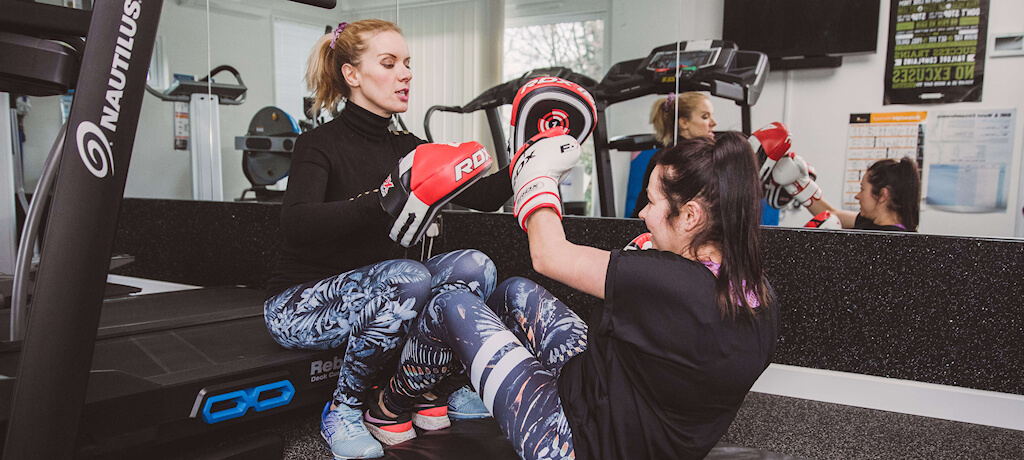Healthier you
Tips for a healthier you
Aim to have half a litre to a litre of fresh homemade juices a day. Predominantly vegetables….
Aim to do 3-4 cleanses a year of around 3-5days of just freshly extracted juices is a fantastic start to a healthier you.
Stay clear as much as you can from labelled foods. No label food is what wild animals consume and if the food industry hadn’t manipulated and chemicalised our food, its what we would be eating too.
The best foods to feed our bodies don’t require packaging – fruits, vegetables, grains, nuts, seeds and lean proteins… all of these don’t need a label.
Keep it simple by opting for no label ingredients and also consider how far a human has interfered with your items in your basket. An orange picked from a tree rather than a muffin laced with sugar, fat and ingredients to extend its shelf life. Or a piece of fish packed with healthy omega oils, compared with a finger of indistinguishable fish pieces wrapped in breadcrumbs.
We are of course all human, and the key to long term healthy eating is balance. So try and stay as balanced as possible.
- Eat or juice 10 servings of fruit and vegetables daily. Think lots of different colours, so red, yellow, green, orange, black.
- Think healthy fat – try to increase your intake of nuts and seeds, avocado, extra virgin olive oil.
- Eat one handful of nuts about five days a week. Almonds are fabulous for alkalising, walnuts are a super brain food and cashews help with low moods.
- Eat fish two to four times a week. Try to get wild fish not farmed.
- Aim to have a couple of plant days only a week.
- Have some yoghurt (natural) for breakfast or in a smoothie or a dip or as a snack a few days a week. The live active cultures in yoghurt are excellent probiotics to help fight cancer, IBS, ulcers, diarrhoea, vaginal and urinary tract infections. Also, people that are lactose intolerant who can’t tolerate milk can generally tolerate yoghurt. The probiotics in the yoghurt digest the lactose for you, thus relieving this condition. Yoghurt is a calcium rich and vitamin rich food that is readily digestible by those who suffer from lactose intolerance and is therefore an excellent addition to their diets.
- Have oats a few times a week as these are great In helping cholesterol lowering and helping reduce the risk of type 2 diabetes.
- Drink green or black tea.
- Eliminate soft drinks out of diet.
- Drink 2-3 litres of water a day
- Exercise 3-5 times a week cardiovascular wise. Or a minimum of 150 mins of moderate aerobic activity a week such as brisk walking, aerobics, cycling, boxing, gym classes etc (this could be carried out in five 30 mins sessions.
- Strength training/resistance training exercise 2-3 times a week – this will work all the major muscles.
« Setting goals | SETTING GOALS »




